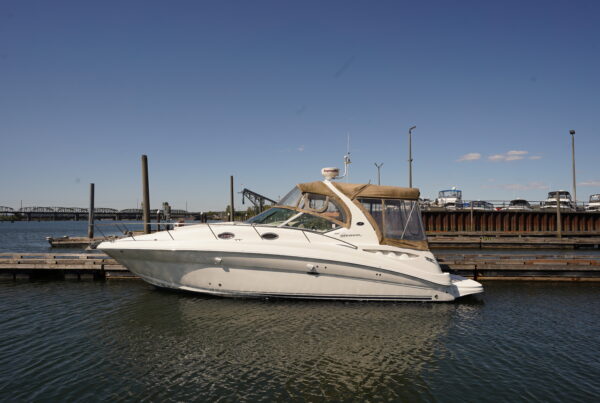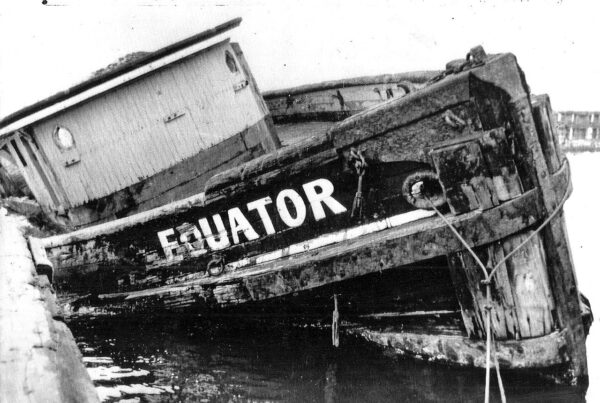Why Boat Hull Materials Matter
The hull of a boat is its body, responsible for keeping it afloat and moving through the water. The hull material is, therefore, one of the most important aspects of any boat. The material used in the construction of the hull will determine its strength, durability, weight, and maintenance requirements. Choosing the right boat hull materials is essential to ensure the longevity, performance, and safety of your boat.
3 Common Types of Boat Hull Materials
There are three main types of boat hull materials: fiberglass, aluminum, and wood. Each has its own unique properties that make it suitable for different types of boats and boating activities.
- Fiberglass: Fiberglass is a composite material made of glass fibers and resin. It is one of the most common materials used for boat hulls. Fiberglass is lightweight, strong, and durable, making it ideal for high-speed boats and those used in rough water conditions. It is also easy to repair and does not require much maintenance.
- Aluminum: Aluminum is a lightweight, strong, and durable material that is ideal for boats used in saltwater environments. It is resistant to corrosion, making it low maintenance. Aluminum boats are also a popular choice for fishing boats and work boats due to their durability.
- Wood: Wood is a classic and traditional material used in boat building. It is a natural material that gives boats a classic and elegant look. Wooden boats are also known for their stability and smooth ride. However, wood requires more maintenance than other materials and is susceptible to rot and damage if not properly cared for.
Fiberglass hulls: Low Maintenance and Easy to Repair
Fiberglass is the most popular material used in modern boat construction and for good reason. Here are some of the pros and cons of fiberglass hulls:
Pros:
- Lightweight yet strong and durable
- Easy to repair
- Requires little maintenance
- Resistant to corrosion and decay
- Provides a smooth ride
Cons:
- Not biodegradable
- More expensive than other materials
- Can be damaged by impact or abrasion

Aluminum Hulls: Durability and Maintenance
Aluminum is a popular choice for boat hulls, especially those used for fishing and other workboats. Here are some of the pros and cons of aluminum hulls:
Pros:
- Strong, durable, and lightweight
- Resistant to corrosion
- Low maintenance
- Long lifespan
- Can handle rough water conditions
Cons:
- Expensive to repair if damaged
- Can be noisy due to the metal construction
- Limited design options due to the material’s stiffness

Wood Hulls: Classic Look with Special Care
Wooden boats have been around for centuries and are still popular today for their classic look and smooth ride. Here are some of the pros and cons of wooden hulls:
Pros:
- Classic and elegant look
- Smooth ride
- Natural material
- Can be repaired easily
- Provides good insulation
Cons:
- High maintenance and regular care required
- Prone to rot and decay if not properly cared for
- Can be expensive to repair if damaged
- Limited lifespan compared to other materials

Conclusion: Choosing the Right Hull Material
Choosing the right hull material for your boat is crucial to ensure its longevity, performance, and safety. Consider the type of boating you will be doing, the environment in which you will be boating, and your budget when choosing a hull material. Each material has its own unique pros and cons, so it’s important to weigh them against your specific needs and preferences to make an informed decision. Whether you choose fiberglass, aluminum, or wood, with proper care, your boat can provide you with years of enjoyment on the water.




